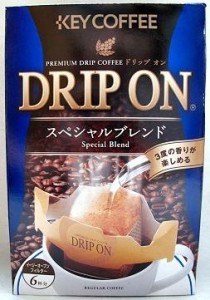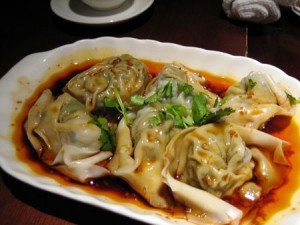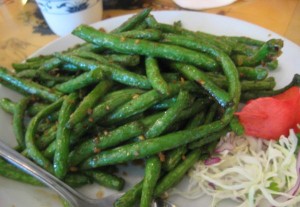Acupuncture, as with massage, is often misunderstood by the West. Although Traditional Chinese Medicine is gaining popularity, this procedure looks more like a painful circus act than anything truly healthful. With a little bit of belief, it actually serves many purposes for both repairing your body and staying healthy.
But even if you wanted to try acupuncture for whatever reason, where would you get it done? A flight to China isn’t exactly in the cards for most people… Here’s a map that might help you get started. Read More…





 Custom Search
Custom Search